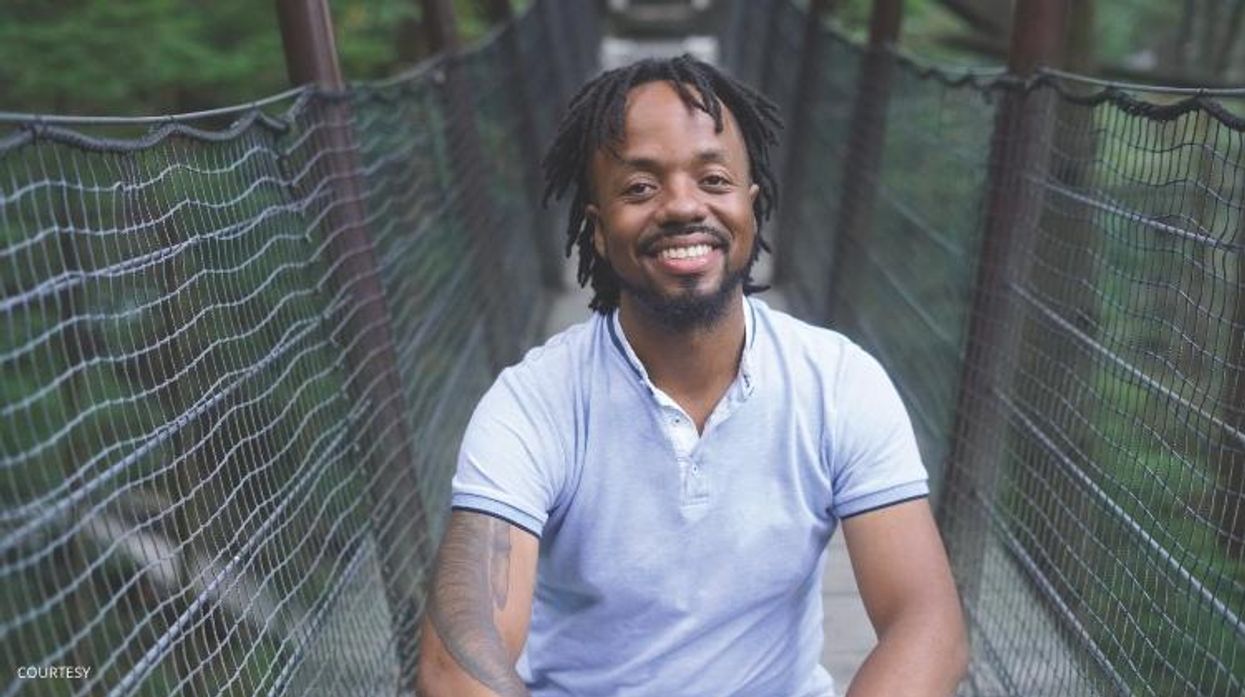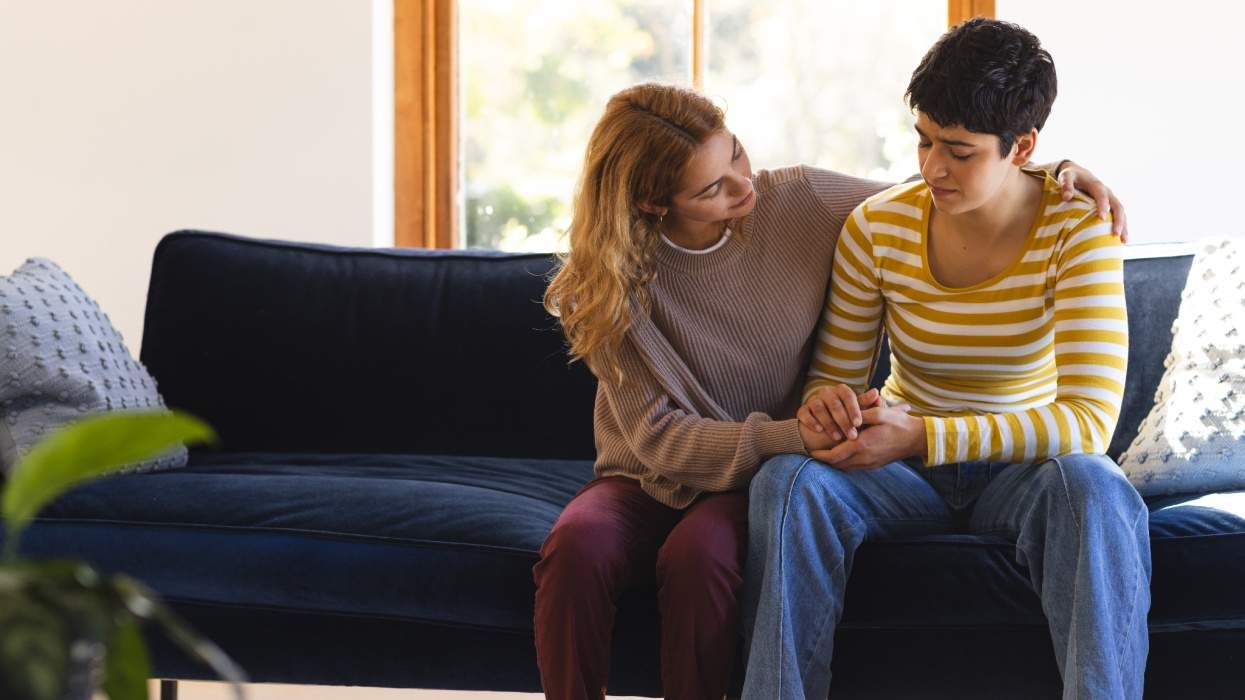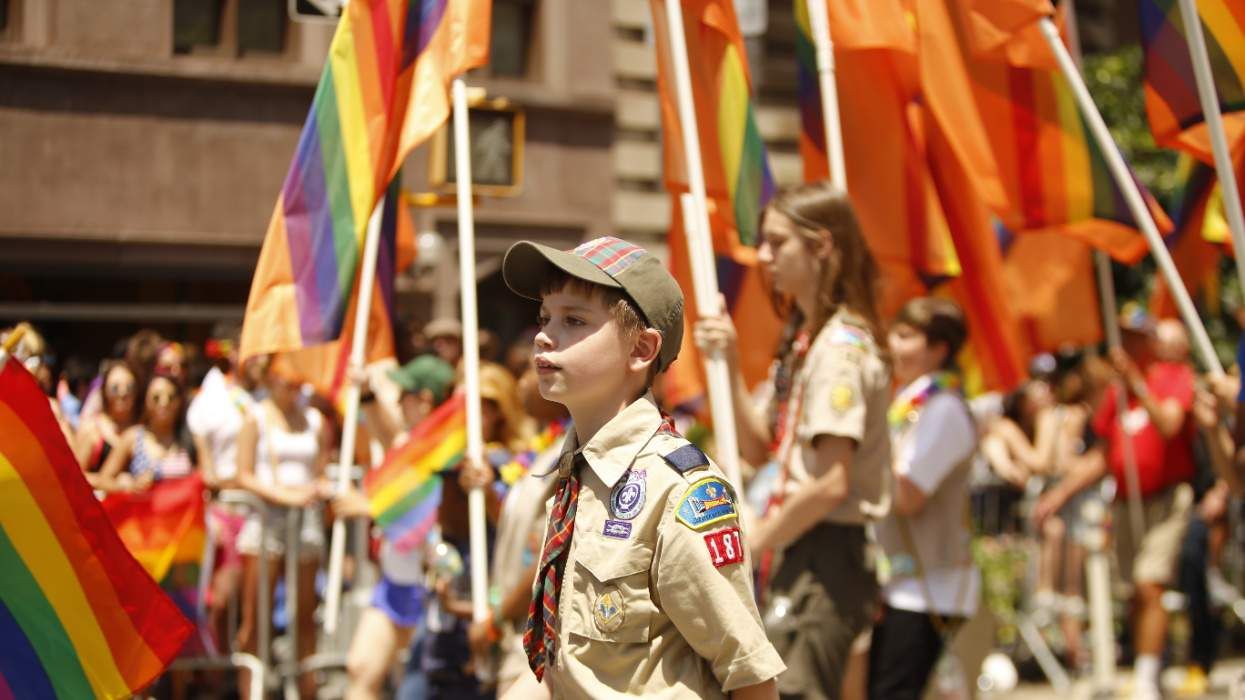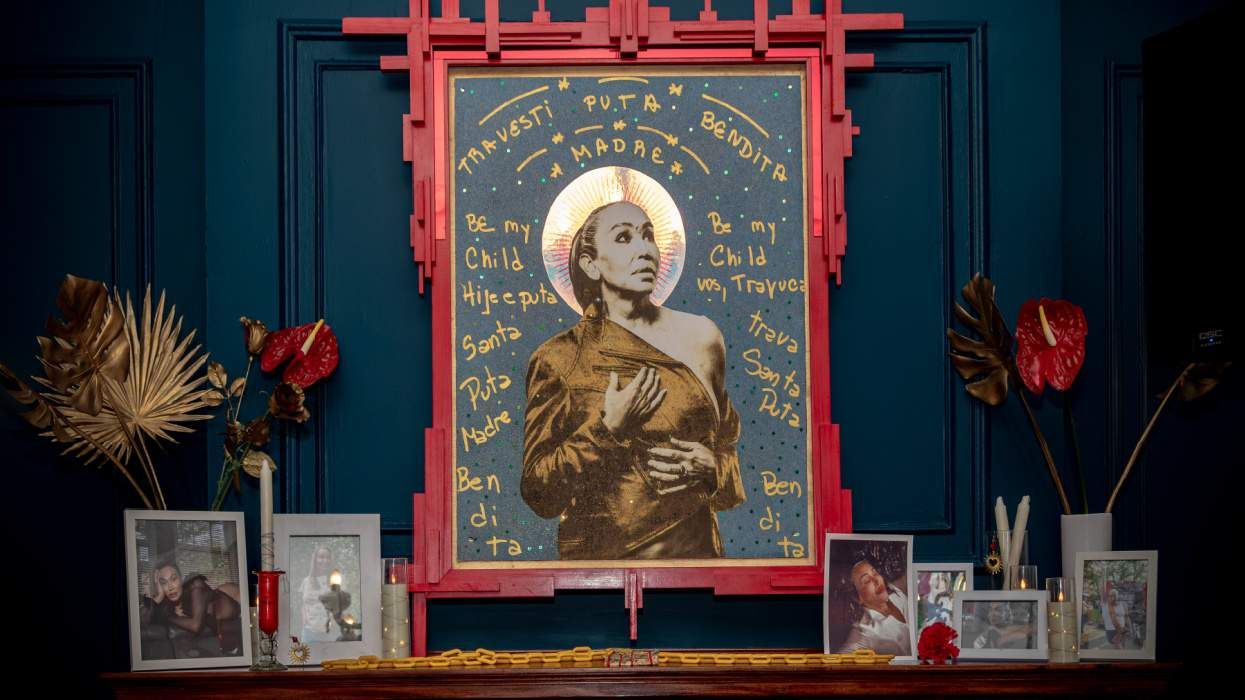When Elijah Li started SOULE magazine (Seekers of Unity, Love & Equality), he wanted to educate, empower, and inspire the Black LGBTQ+ and same-gender-loving community.
The vision, he says, was to "create a platform where the community could feel seen, experience a sense of community, and feel empowered to share their voices."
When he was growing up, there weren't many magazines out there where Li could see himself reflected. But after watching the 2004 Rodney Evans film Brother to Brother -- which portrays the founding of the Harlem Renaissance magazine Fire!! (created by Langston Hughes, Wallace Thurman, Zora Neale Hurston, Aaron Douglas, John P. Davis, Richard Bruce Nugent, Gwendolyn Bennett, Lewis Grandison Alexander, and Countee Cullen), Li decided to create a space himself, launching SOULE, a digital magazine for the Black LGBTQ+ community.
We sat down with Li to discuss how the magazine has grown and how his mission to represent, connect, and inspire the Black LGBTQ+/SGL community has transformed into a foundation and youth scholarship.
Do you feel like SOULE has fulfilled the vision you had for it, or is it still growing?
I feel like the vision of SOULE hasn't changed too much, but we have figured out creative ways to support our vision, given the evolving channels to connect to the Black LGBTQ community. Most recently we have expanded our audience to include LGBTQ youth of color, which are one of the most disenfranchised communities, with the creation of the SOULE Foundation and annual scholarship. (SouleFoundation.org)
Why is SOULE needed today?
The Black LGBTQ voice still struggles to be heard as our community navigates the intersections of our Blackness and our queerness in a society where heteronormative views dictate our everyday lived experiences.
There have been small successes in mainstream media, including recent shows like Council of Dads and Black supporting parents like Gabrielle Union and Dwyane Wade with their daughter, Zaya. However, there are still daunting statistics, including HIV rates, Black LGBTQ homelessness, financial disparities, and access to quality health care, employment, and other resources as well as familial acceptance and the high murder rates of trans sisters and brothers. SOULE is a very much needed vehicle to provide space to tell our stories our way, with the intention of empowering discussions, shifts in mind-sets, and most importantly, our community.
Tell me about the foundation and what obstacles you've faced funding it?
I started the foundation because I remembered being picked on for being gay in middle school before I even knew what that meant. During that time, I struggled with my identity and even contemplated suicide. My music teacher, Pamela Smith, saved my life and created a safe space for me to help find my voice. About three years ago, I decided to open up the SOULE Foundation to support LGBTQ youth of color in their educational advancement. It has been an uphill battle, as I am still learning about board management and fundraising. Finding support in these areas has been somewhat of a challenge, but despite that, we are still able to provide scholarships to LGBTQ students of color who experience financial hardships. One of our long-term plans for the SOULE Foundation is to increase our impact with a community center.
Tell me about the students you've chosen for scholarships.
Since the inception of the SOULE Foundation, we have provided four recipients with scholarships totaling $10,000 to LGBTQ students of color, which goes towards student loans and also personal items such as laptops, textbooks, or room and board. Scholarship recipients get announced at our annual SOULE Foundation Gala. We are still finalizing how it will occur virtually this year.
How are you surviving during the pandemic?
I am glad to say that I've been doing OK. Outside of SOULE and SOULE Foundation, I work as a regional medical technology trainer at Johnson's and am glad to still have my job, which has provided me the ability to work remotely.... In terms of SOULE, we have been surviving by pivoting the mediums in which we tell our stories, i.e. Instagram Live, Facebook Live panels, and podcasts. What has been frustrating has been the decline in advertisement funding, which has been a primary source of income for us.
What's next for you?
SOULE will continue to grow. I think our work during this time creating virtual content has prepared us to engage more with multimedia content versus just articles. I see SOULE creating a weekly livestream talk show, our podcast growing, and more collaborative events with LGBTQ organizations when the shelter-in-place orders are released.
The SOULE Foundation is supported through community donations. To support SOULE Foundation and LGBTQ youth of color, you can donate via PayPal. (Paypal.me/TSFO)
















